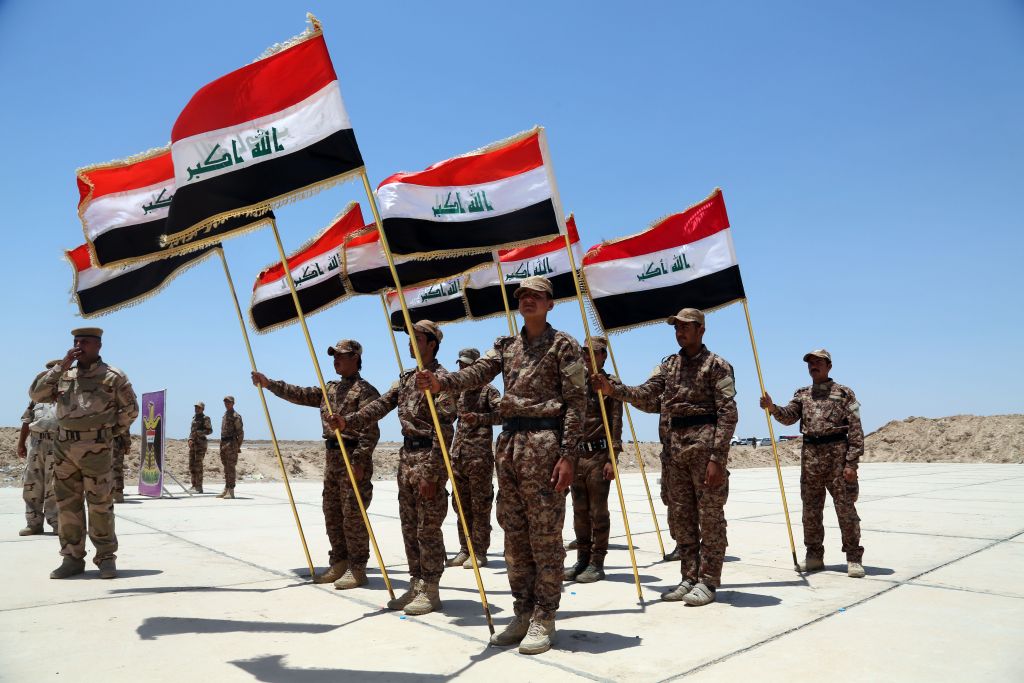Baghdad–Iraqis are more likely to resort to their tribes to secure their rights in the absence of a rule-of-law and a strong state authority, legal and tribal sources said.
In remarks to Asharq al-Awsat newspaper, lawyer Azhar Al-Khafaji said that Iraqis are now seeking the help of tribal authorities to regain what they believe to be their legitimate rights, instead of submitting their complaints to the police or the judiciary.
The lawyer added that “tribal councils” that have spread in Baghdad and other Iraqi cities have become “judicial councils that solve conflicts in exchange for money, whereas state rights, known in Iraq as “general rights” have become worthless.
“The weakened judiciary and police authorities’ failure to follow-up on legal procedures have led to diminishing the power of civil rights,” Khafaji said.
The Iraqi lawyer went on to say that plaintiffs and victims no longer resort to police stations and judicial courts, as they already know that such procedures would linger for an undetermined time, and the winner is always the one who pays more bribes.
“Consequently, those people seek the help of the tribes they belong to in order to gain their rights in a fast and easy way,” she said.
Khafaji noted that many Iraqis, whom she was defending before judicial courts, have withdrawn their complaints and resorted to tribal authorities before the general prosecution assumed its role and punished the aggressor.
Meanwhile, Ali As-Saedi – a member of a tribal council in southern Iraq – said in comments to Asharq al-Awsat: “When a member of our tribe submits a complaint against an aggressor or a person who violated his rights, we form a committee and we summon a group of that person’s tribe to negotiate on the matter.”
He added: “When we confirm the circumstances of the case, we indicate an amount of money to be paid as compensation.”
As-Saedi said, however, that the tribe might threaten to use arms in case friendly negotiations fail.
“In such case, the tribe’s authority and strength would be a key factor in the conflict settlement,” he added.
For his part, Brigadier Saad Maan, Relations Director at the Iraqi Interior Ministry, said that Iraqi police and other security bodies were keen on enforcing the laws and following up on all cases in order to give people their rights in line with judicial orders.
